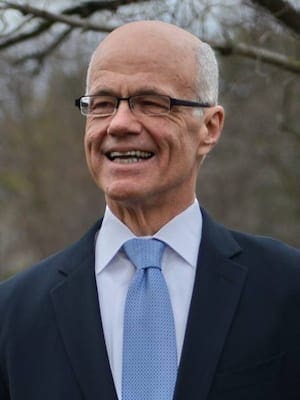A lot of us fear we are “not enough.” In some of us, that fear exists alongside anxiety that we are “too much.”
Whether we feel that we lack something that would qualify us for acceptance or that we have an excess of something that threatens people who want to keep us in our place, we experience ourselves as unworthy of love.
Both feelings – “not enough” and “too much” – gain strength from our painful knowledge of our fears, failures, sins, rejections and regrets.
They’re amplified by still-echoing voices, which tell us we aren’t good enough, smart enough, pretty enough, handsome enough, strong enough or cool enough.
Or, we hear an endless loop of impatient insistences that we should move silently to the edge and orbit around their egos, chase their dreams for us rather than our own and hide our light because they suspect it might outshine theirs.
Our culture displays images of what a worthy human being looks like, images so airbrushed, photoshopped and curated that we can never measure up.
The posed illusions of social media intersect with our internalized self-rejection.
Together, they convince us that, before we can be loved, we need to lose weight, get a better job, move to a nicer neighborhood, drive a fancier car, get sober, have whiter teeth, land the lead role in the school play, be a starter on the team, be straight, fix everything we’ve broken and guarantee the happiness of everyone who counts on us.
Amazingly, in spite of our dread that we aren’t enough and our worry that we are too much, there is nothing we have to do, change, give up, attain or repair in order to be worthy of love.
True love – love so good, beautiful and true that we experience it as holy and divine – isn’t a reward for extraordinary achievement or a bonus for exceptional performance or a wage paid for excruciating penance.
The love that declares our worthiness and the worthiness that invites love are gifts from God, sheer gifts of identity that we already have, though some of us do not know that we do.
We are not who our failure, shame and wounds tell us we are.
We are not merely our roles and responsibilities: child of our parents or parent of our children; friend, partner or spouse; boss, employee, manager or customer; minister, pastor or counselor; patient, doctor or nurse.
We are, no matter what others think or say, who God, holding us in a strong yet tender embrace, says we are. “You are my child. I love you. I delight in you.”
Editor’s note: A version of this article first appeared on Sayles’ blog, From the Intersection. It is used with permission.


